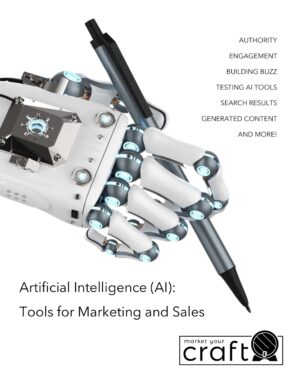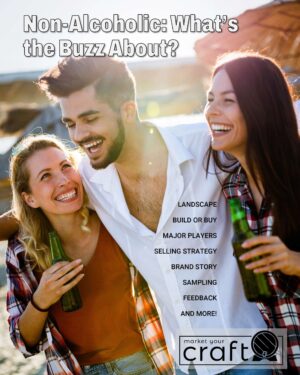Did you snap the QR code bouncing around the TV screen during the Super Bowl? Was the 60-second spot long enough for you to pull out your phone, position yourself for a clear shot, point and click? And did you receive a connection error message once you reached the site?
You’re not alone.
 In fact, it’s estimated that the landing page had over 20 million unique visitors in a minute. What brand pulls that kind of traffic on Super Bowl Sunday? Coinbase, a cryptocurrency exchange that allows everyday investors to buy, sell and store their coins in a secure environment. That wouldn’t have been our first guess. Which either makes them brilliant marketers for spending nearly $14M to surprise, then disappoint us. Or fools. The jury is still out. But looking back it’s easy to trace the origins of this level of investment back to competitor Crypto.com’s “Fortune Favours the Brave” campaign which first aired back in October on Sunday Night Football. Or their $700M deal for the naming rights to the home arena for the Los Angeles Lakers, previously the Staples Center. It seems keeping up with the Joneses now has a price tag with 7 or 8 zeros attached!
In fact, it’s estimated that the landing page had over 20 million unique visitors in a minute. What brand pulls that kind of traffic on Super Bowl Sunday? Coinbase, a cryptocurrency exchange that allows everyday investors to buy, sell and store their coins in a secure environment. That wouldn’t have been our first guess. Which either makes them brilliant marketers for spending nearly $14M to surprise, then disappoint us. Or fools. The jury is still out. But looking back it’s easy to trace the origins of this level of investment back to competitor Crypto.com’s “Fortune Favours the Brave” campaign which first aired back in October on Sunday Night Football. Or their $700M deal for the naming rights to the home arena for the Los Angeles Lakers, previously the Staples Center. It seems keeping up with the Joneses now has a price tag with 7 or 8 zeros attached!
What does this have to do with your craft beverage business? We’re not suggesting you have your people call Matt Damon’s people to see about a TV commercial or some social influencer work. It’s important for players big and small in the craft beverage industry to remember:
What you do every day to build awareness and rapport with drinkers can be lost in a minute if you mess up.
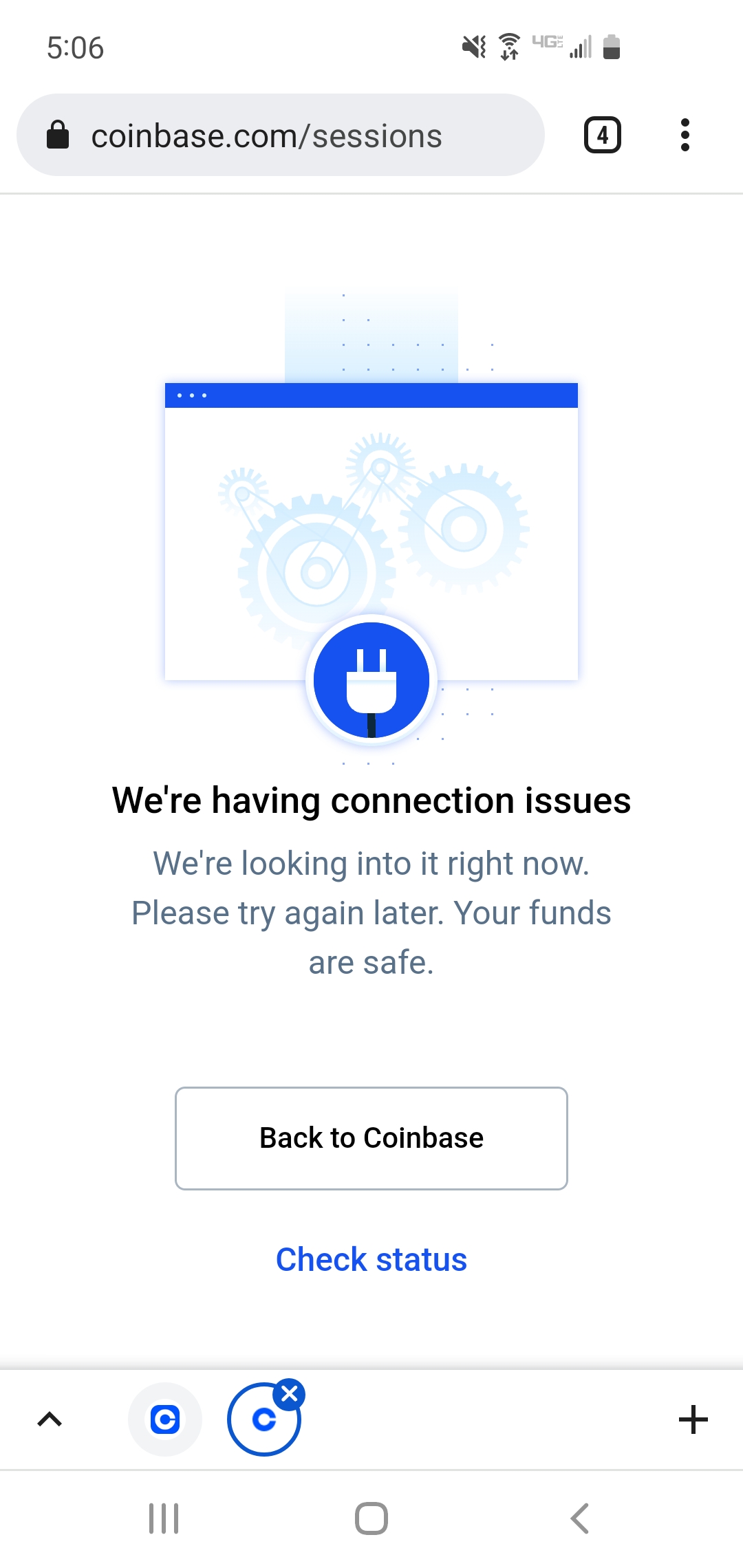 But mistakes are always going to happen, right? You promoted an event which gets cancelled for COVID-related reasons. Your scheduled food truck breaks down on its way to the tasting room. A Club shipment is damaged during delivery. Your website crashes after you spend $14M on a Super Bowl ad…you’re right, not exactly the same thing. However, the point is avoidable mistakes – and even those out of your control – deserve a mea culpa (my fault) response. And knowing how difficult it is to gain and keep the attention of craft beverage drinkers in your state, the price of non-response in many cases is lost revenue and customers you will never get back.
But mistakes are always going to happen, right? You promoted an event which gets cancelled for COVID-related reasons. Your scheduled food truck breaks down on its way to the tasting room. A Club shipment is damaged during delivery. Your website crashes after you spend $14M on a Super Bowl ad…you’re right, not exactly the same thing. However, the point is avoidable mistakes – and even those out of your control – deserve a mea culpa (my fault) response. And knowing how difficult it is to gain and keep the attention of craft beverage drinkers in your state, the price of non-response in many cases is lost revenue and customers you will never get back.
Lessons learned from Coinbase’s Super Bowl ad that we can apply to beverages:
- Promote your tasting room to an audience that will react quickly
- Ensure you can handle the traffic
- Have a communication plan if things go south
- Be prepared to offer a make-good to restore trust
Check out our article on Advertising without Super-Sized Budgets for resources to help target your marketing spend on new, profitable drinkers. And if you’re like most producers, you generally have available seats in your tasting room you’d be happy to fill with more paying customers, so traffic per se isn’t an issue. This article addresses the correspondence side of the equation – how to do right by your customers when a mistake is made, regardless of blame.
communicating mistakes to customers
 An important distinction between everyday correspondence with fans, followers and customers and claiming fault is the expectation your business will take some ownership of the situation. Someone asking about a food truck scheduled for later this week requires a much different response from a customer disappointed they showed up for a scheduled food truck that canceled. Handling dissatisfied customers is much more difficult to do! Which is why many craft beverage producers shy away from the situation, hoping it will work itself out. With the right tools, proactively responding to issues with or related to your business can help [re]build customer trust and sales.
An important distinction between everyday correspondence with fans, followers and customers and claiming fault is the expectation your business will take some ownership of the situation. Someone asking about a food truck scheduled for later this week requires a much different response from a customer disappointed they showed up for a scheduled food truck that canceled. Handling dissatisfied customers is much more difficult to do! Which is why many craft beverage producers shy away from the situation, hoping it will work itself out. With the right tools, proactively responding to issues with or related to your business can help [re]build customer trust and sales.
The team at Market Your Craft brainstormed all the ways we’ve seen clients handle issues, errors and mistakes, grouping them by the response we would recommend. It’s by no means an exhaustive list (the craft beverage business is full of surprises), but we hope it helps you and your team plan to respond when similar situations arise:
No response needed: low risk of customer backlash.
- Running out of a seasonal or limited release beverage
- Swapping a scheduled food truck
Social response: broad notification that doesn’t require individual dialogue.
- Canceled food truck or event
- Delayed tasting room openings, early or off-scheduled closures
- Sold out tickets or closed registration for an event
- Changes to packaging at retail
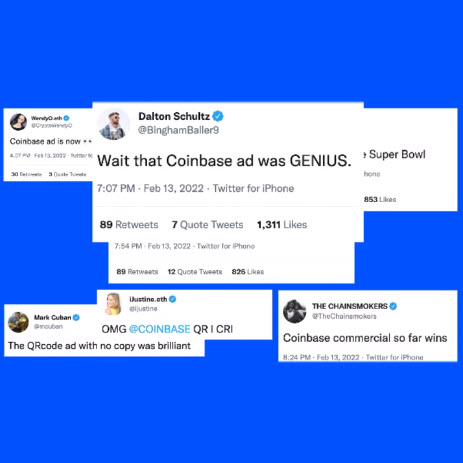 Coinbase posted a video after the issue was resolved that downplayed the significance of the website and app crashing. But they at least acknowledged it happened and they quickly took steps to resolve the issue. This transparency makes them more “human” while restoring any faith in the app’s reliability that was lost during the outage.
Coinbase posted a video after the issue was resolved that downplayed the significance of the website and app crashing. But they at least acknowledged it happened and they quickly took steps to resolve the issue. This transparency makes them more “human” while restoring any faith in the app’s reliability that was lost during the outage.
Email response: when a “personalized” response is needed, or money is involved.
- Canceled or rescheduled event requiring tickets or reservation
- Delayed product shipment or delivery
- Product availability issue, substitution request
- Overcharging a credit card, credit due
- Scheduled website maintenance
- Overselling an event, underestimating crowds
- Any customer service issues originating by email, answer by email
An email was sent to landing page visitors (and perhaps all current Coinbase members) who made it part of the way through the registration process before receiving the connection error. While this was definitely a mea culpa response, the content was perhaps a little too lighthearted, bringing into question whether everyday investors could/should trust Coinbase with their money.
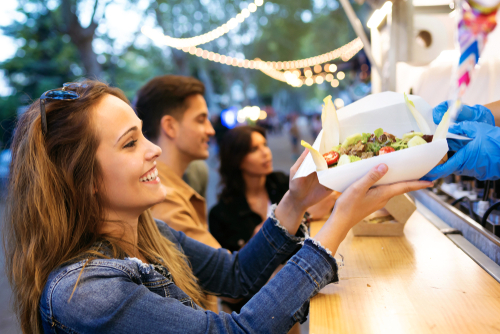 Human response: more sensitive topics addressing the individual.
Human response: more sensitive topics addressing the individual.
- Guest satisfaction, originating from any channel
- Health and safety concerns
- Employee-related issues, work environment
Two articles that may help here include What to do When a Customer Gets COVID-Angry and How to Respond to Criticism. Most importantly, take ownership of the situation, stay calm and listen carefully with the goal of agreeing on some resolution.
Public relations response: a business-critical issue requiring more control of the public storyline.
- Product shortage
- Voluntary or mandatory recall
- Tasting room incident
- Negative publicity
- Business loss
- Closing facilities
Find tips on how and when to write a press release for local, regional and national industry publications in the article Press Release: When Craft Beverage is Newsworthy.
It’s important to note these categories aren’t mutually-exclusive: the situation might warrant response across a number of communications channels. For example, a product recall may start with a legal determination of fault, followed by a press release to provide facts for journalists and social media posts for transparency and possible consumer calls-for-action. Learn more about best practices for responding via social in the article Tips for Crisis Management on Social Media.
offering customers make-goods
In marketing terms, a “make-good” is typically free advertising made available to an advertiser when something they paid for doesn’t perform up to expectations. In other industries, it could mean businesses try to repair any damage that they caused by some action to a customer. In the case of Coinbase, they already had a pretty sweet incentive for signing up: a giveaway for three $1M Bitcoin awards for new users. But when traffic caused the website and app to crash during that crucial 60-second Super Bowl ad, they had to quickly find a make-good in addition to the giveaway to incentivize users to give them another try. So, they offered $15-worth of Bitcoin for signing up.
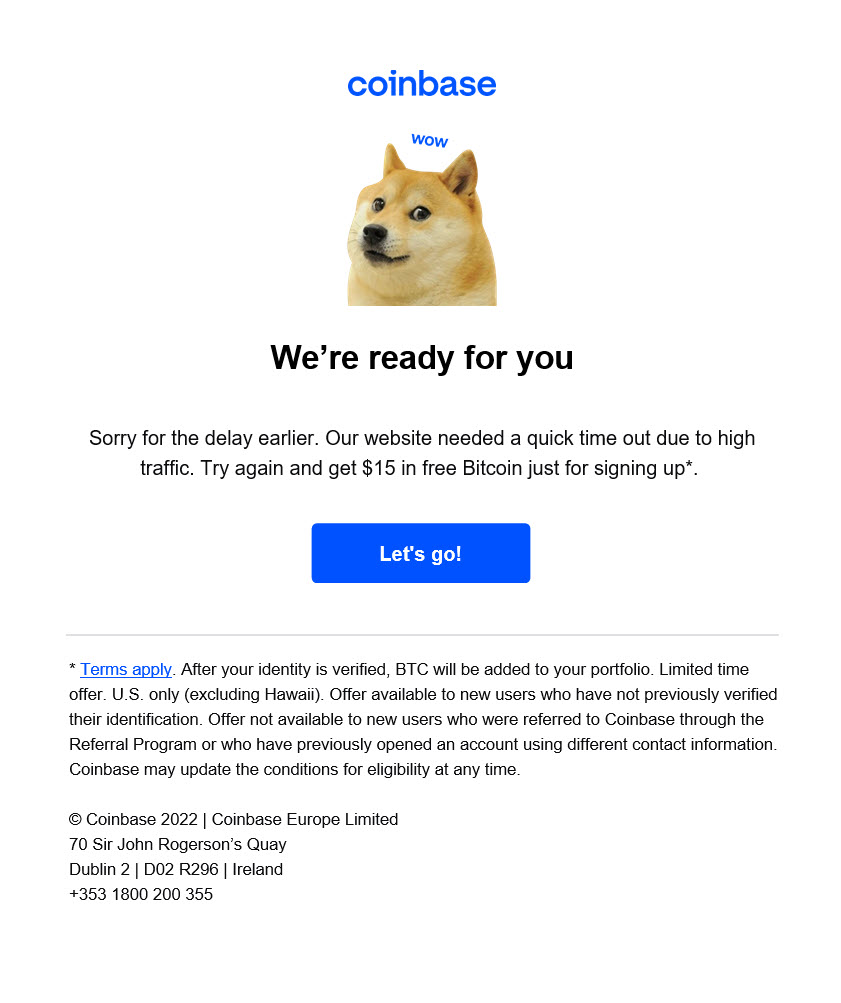 Did it work? Still too early to tell, and we may never see an exact number of new investors that registered with Coinbase as a result of their $14M Super Bowl spend (not counting their $3M Bitcoin giveaway and $15 Bitcoin make-goods). But the Coinbase app went from 186th place to second in the App Store and 1st among finance apps soon after the commercial aired.
Did it work? Still too early to tell, and we may never see an exact number of new investors that registered with Coinbase as a result of their $14M Super Bowl spend (not counting their $3M Bitcoin giveaway and $15 Bitcoin make-goods). But the Coinbase app went from 186th place to second in the App Store and 1st among finance apps soon after the commercial aired.
What you offer customers as make-goods for mistakes is both a financial and relationship decision. Someone who’s upset the scheduled food truck didn’t show might get a discount on their bar tab or a free drink ticket for a future visit. Not able to reserve a seat at an upcoming event? You could comp them a seat at the next one. Upset about a delayed or missing Club delivery? Credit shipping charges back to their account. There is no single resolution that works in all scenarios: you and your management team have to agree on what’s an appropriate response. Then operationalize that response so frontline team members can provide excellent customer service in real-time and communicate via the appropriate channels like social or email.
More serious mistakes should be escalated to the GM or owner as quickly as possible. For example, health and safety concerns or employee issues relating to customer satisfaction don’t require a make-good – these are more systemic issues that need to be addressed by management. And the resolution often results in a more significant change to the environment, a work process or even personnel. If the issue cannot be resolved internally, it’s time to tap into your legal resources for an objective look at the situation and plan moving forward.
MailChimp archive:
https://mailchi.mp/93075b9eb3ba/220216_coinbase?e=bd76eedb35
Download:
https://app.box.com/s/2fkv4v96rexrkozalltgzci8ddhc6t2j


